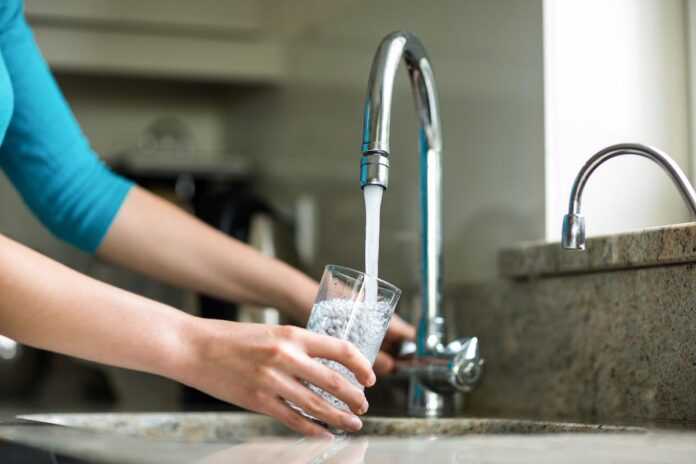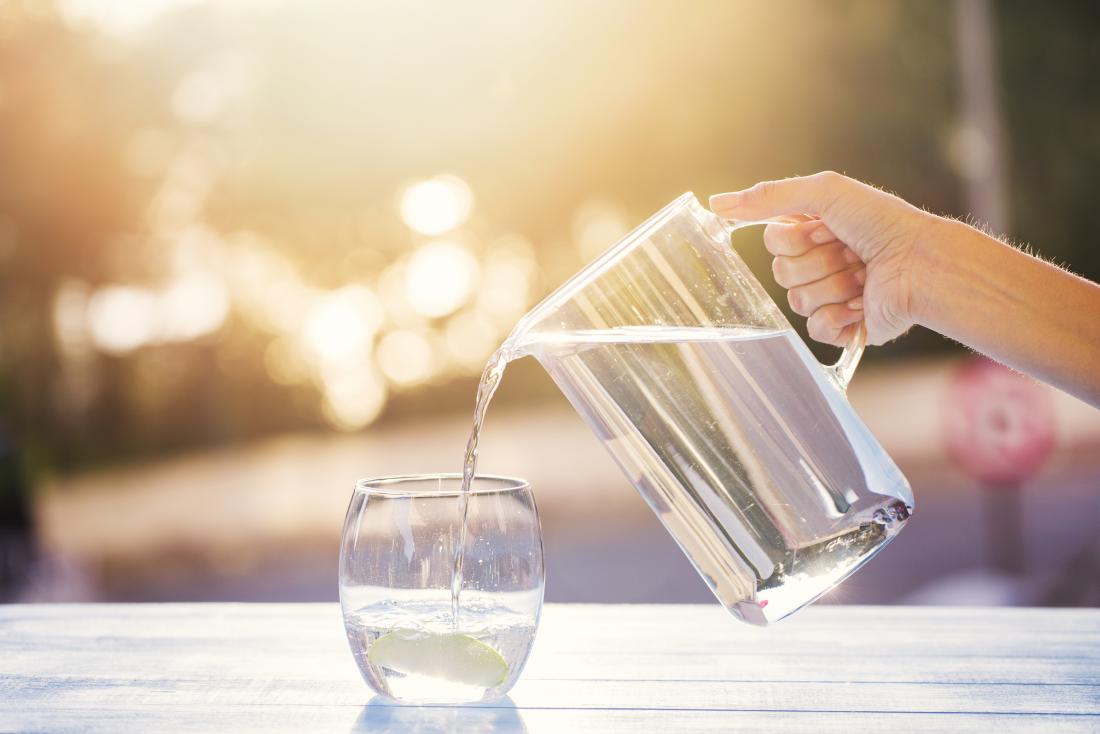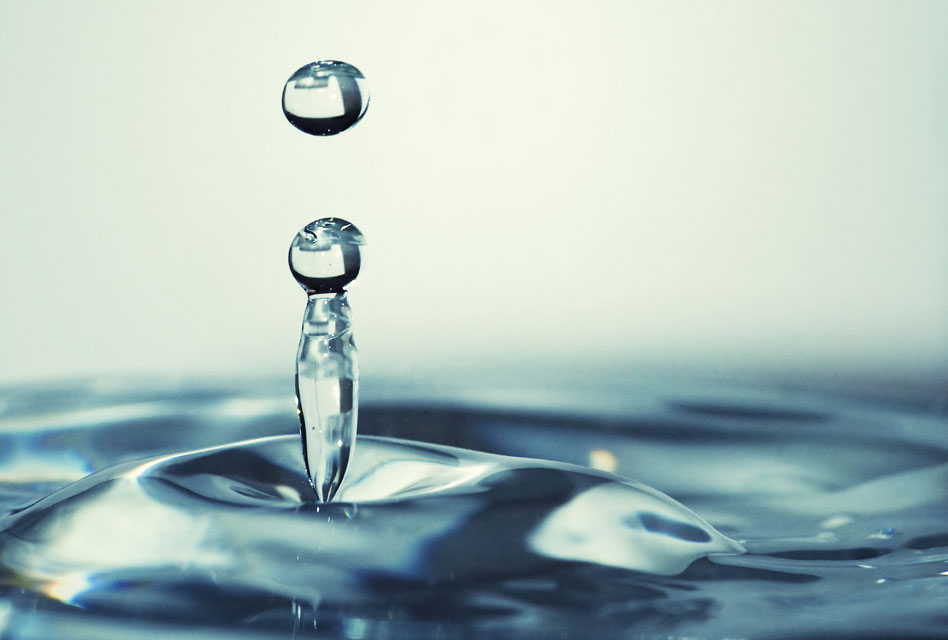
Clean and sustainable water and sanitation services can bring many health advantages. Hepatitis, diarrheal illnesses, and other infections brought on by inadequate sanitation and hygiene standards can all be decreased by having access to them.
Water-sourcing solutions also help alleviate musculoskeletal pain for those who spend their days collecting and carrying water while providing access to localized sources, which will save on transport costs and money.
Not only do clean water and adequate sanitation decrease illness rates like diarrhea and hepatitis A, but they also ease physical strain for those fetching water. At the same time, localized access saves on transportation costs and money. Check out more on this at https://www.fullspeedplumbing.com/services/water-treatment/.
Benefits of drinking clean water

Clean water might be something we often overlook, yet for billions of people globally, it’s far from guaranteed. Drinking contaminated water can be deadly.
These people must trek long distances to wells, rivers, pools of rainwater, or faucets, which produce disease-ridden water that contains disease-transmitting feces – an issue responsible for over 500,000 diarrhea-related deaths each year.
Unfit for human consumption, water can contain pollutants from industrial pollution, pesticides, fertilizers, sewage, and animal and human waste. It can also contain elements that seep through soil and rock formations, like heavy metals, arsenic, or radionuclides.
Lack of proper sanitation and cleanliness often leads to contamination, posing health threats such as cholera, typhoid, and hepatitis. These problems could lead to other illnesses similar to this one and more fatal illnesses like this one if they are not resolved.
Accessing clean water improves health and can have a profound economic impact on families and communities. When income-earners don’t spend hours collecting water from faraway locations daily, more time can be dedicated to working and investing profits into food, healthcare, and education services.
Clean water can boost school attendance rates. When kids no longer spend hours carrying heavy containers of water to and from home, they have more time for learning–and dreaming about an optimistic future.
Benefits of sanitation

Sanitation is of utmost importance to everyday life, and sanitation is its foundation. Sanitation involves collecting, transporting, treating and disposing of human waste to keep physical and personal hygiene at an acceptable standard – failure of sanitation has led to many diseases – diarrhea alone is estimated to kill 1.5 million people annually!
Malnutrition and poverty are also connected. In certain countries, more than half the population has insufficient access to clean drinking water, and only two-fifths have proper sanitation services, leading to health systems becoming overwhelmed and creating a vicious cycle of poverty.
Water can become polluted when entering the supply chain from untreated sources, such as pipe breaches or naturally occurring substances like arsenic. Furthermore, soil and rock deposits often contain heavy metals or radionuclides that contaminate drinking water as it travels along.
Good sanitation reduces disease risks and enhances overall community health, giving families more time for income-generating activities such as farming. Therefore, governments must ensure everyone can access clean water and safe toilets.
Benefits of cooking with clean water
Clean water can improve the flavor and scent of the food you make, helping your health and hydration needs. Filtered water systems remove harmful chemicals such as chlorine, metals such as lead, and other impurities from food; using such water when cooking allows you to avoid harmful effects while following recipes more precisely.
Consuming food prepared using polluted water poses serious health risks, such as cholera or typhoid, and will significantly diminish its quality. A single bowl of noodles or a cup of coffee made with polluted water could leave you sick!
Communities with access to clean water also enjoy greater opportunities to produce nutritious crops for their population and generate sustainable livelihoods. As a result, they experience healthier people and enhanced livelihoods.
Benefits of cleaning with clean water

Human bodies contain over 60% water, while 71% of Earth is covered with oceans. Water, vital for life, is susceptible to pollution from diverse origins, potentially causing illnesses such as cholera due to industrial waste and agricultural runoff. Pollution from lakes, streams, and rivers is an additional possible cause.
Clean water provides many advantages to individuals living in homes and communities with access to it, including washing hands and clothing to prevent illness, improving agriculture practices, and helping families produce crops for income generation purposes.
When easily accessible within homes, families can support future generations financially while improving cognitive function and relieving anxiety and skin irritation.








